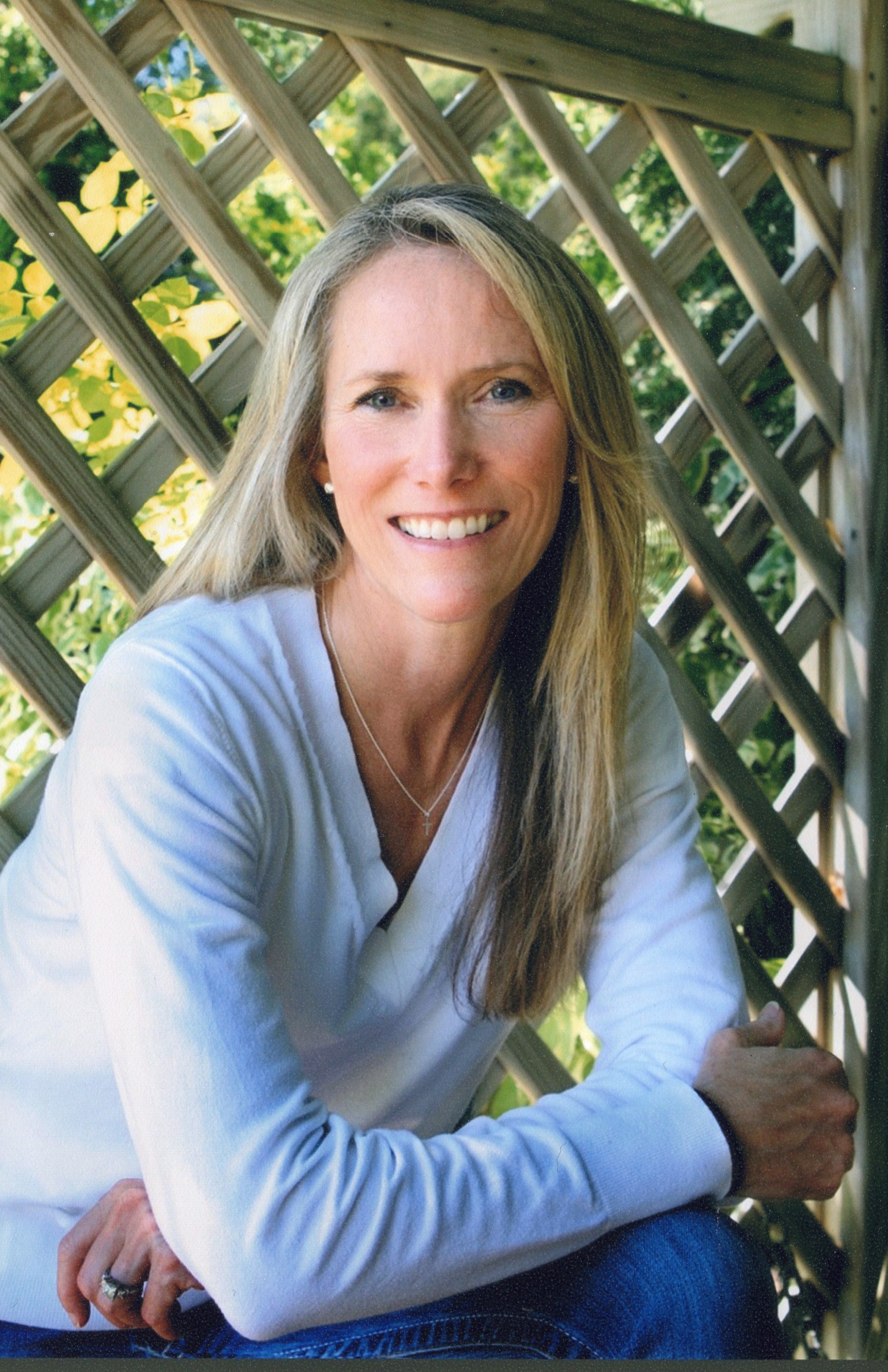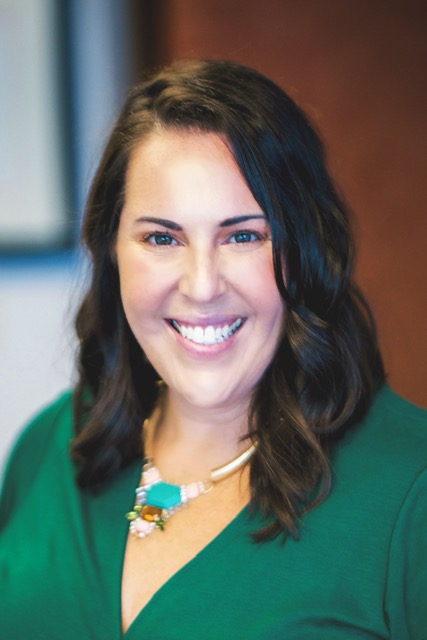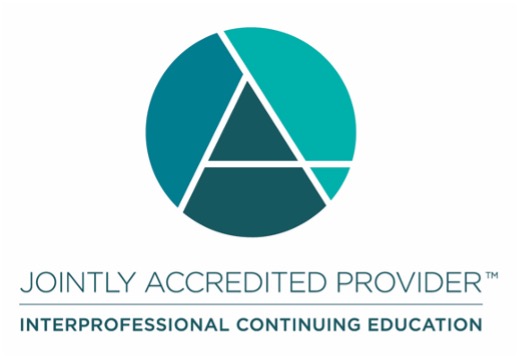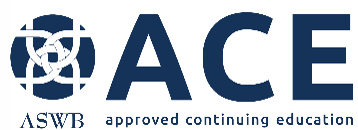Recorded Webinar: Midlife Eating Disorders: Challenging Beliefs, Overcoming Shame, and Exploring Gender Dynamics

Disordered eating, eating disorders, and body image preoccupation occur in both men and women in midlife and beyond. Although age does not immunize people from eating disorders, they are often overlooked because of antiquated beliefs, shame, gender, and behaviors being hidden behind weight bias and the normalization of diet culture.
Join Val Schonberg, MS, RDN, CSSD, LD, MSCP, FAND, and Jill Lewis, MA, LCSW, CGP, AGPA – Fellow, for an interactive webinar that will review the bio-psychosocial factors for the development of eating disorders in this population and the evidence of the rise in older adults seeking treatment at all levels of care. Val and Jill will discuss best practices for screening and identifying eating disorders among health care professions, including treatment considerations and the importance of collaborating with a multidisciplinary team to improve patient care and outcomes in recovery.
Learning Objectives
After completing this continuing education activity, health care professionals will better be able to:
- Recognize four ways eating disorders appear among midlife and older men and women.
- Identify why eating disorders are often overlooked in older adults and the potential harm they can cause to physical and mental health.
- Explain screening tools, treatment considerations, and strategies for overcoming barriers to treatment when working with this population.
- Implement best practices for collaborating with a multidisciplinary team when treating older patients with disordered eating/eating disorders.
Additional Information
 Val Schonberg, MS, RDN, CSSD, LD, MSCP, FAND, is a registered and licensed dietitian with a master’s degree in nutrition science from the University of Minnesota. She is Board Certified as a Specialist in Sports Dietetics, a Certified Menopause Practitioner with The Menopause Society (previously known as the North American Menopause Society) and a Fellow of the Academy of Nutrition and Dietetics.
Val Schonberg, MS, RDN, CSSD, LD, MSCP, FAND, is a registered and licensed dietitian with a master’s degree in nutrition science from the University of Minnesota. She is Board Certified as a Specialist in Sports Dietetics, a Certified Menopause Practitioner with The Menopause Society (previously known as the North American Menopause Society) and a Fellow of the Academy of Nutrition and Dietetics.
Val owns a private practice in Atlanta, Georgia where she specializes in midlife health and menopause, recreational and professional sports nutrition, and all types of eating disorders. With special interests in musculoskeletal health, aging, and the impact of energy deficiency across the lifespan, Val’s experience and expertise come from years of practice in many settings including women’s health, eating disorder treatment, Division 1 college sports medicine, professional
dance organizations and speaking regionally and nationally on numerous nutrition-related topics. In addition to individual nutrition counseling, she is the consulting dietitian for Emory Sports Medicine and Orthopedics, Atlanta Ballet, and the Atlanta Dream Women’s NBA team. Val is passionate about providing nutrition care to populations vulnerable to disordered eating and promoting positive nutrition messages that help people make informed decisions about their health and live a life where they are at peace in their relationship with food and their body.

Jill’s ability to navigate interpersonal dynamics with her clients is what truly sets her apart from other clinicians. She believes in using the power of vulnerability, connection, and feeling seen and understood while being direct about how a client’s blind spots may be limiting them. She has combined her experience in working from an interpersonal lens with her training from The Center for Groups Studies using a modern analytic approach to her group settings. Jill witnessed the impact her relational approach had on gaining self-understanding in her individual sessions; when she applied this to group settings, she watched her clients’ growth increase exponentially.
Jill continues to be a business owner, consultant, and team manager and provides supervision to help other clinicians develop their unique practice. She's excited to go to work every day because it doesn't feel like a job. In some ways it feels more like a calling, as she's transitioned towards a focus on long-term, process-oriented work.
Jill is an ally to the LGBTQ+ community and fat-positive movements, helping individuals find confidence in their true selves. She is deeply passionate about working with marginalized people who often get missed and dismissed, specifically those living in larger bodies.
Disclosures:
The faculty and planners for this educational activity have no relevant financial relationship(s) with ineligible companies to disclose.
An “ineligible company” includes any entity whose primary business is producing, marketing, selling, re-selling, or distributing healthcare products used by or on patients.
 In support of improving patient care, Great Valley Publishing Company is jointly accredited by the Accreditation Council for Continuing Medical Education (ACCME), the Accreditation Council for Pharmacy Education (ACPE), and the American Nurses Credentialing Center (ANCC), to provide continuing education for the healthcare team.
In support of improving patient care, Great Valley Publishing Company is jointly accredited by the Accreditation Council for Continuing Medical Education (ACCME), the Accreditation Council for Pharmacy Education (ACPE), and the American Nurses Credentialing Center (ANCC), to provide continuing education for the healthcare team.
This activity will also award credit for dietetics (CDR CPEU).
 Social Workers:
Social Workers:
As a Jointly Accredited Organization, Great Valley Publishing Company is approved to offer social work continuing education by the Association of Social Work Boards (ASWB) Approved Continuing Education (ACE) program. Organizations, not individual courses, are approved under this program. Regulatory boards are the final authority on courses accepted for continuing education credit. Social workers completing this course will receive 1.5 general types of continuing education credits.
Dietitians:
This activity will also award 1.5 CDR CPEU credit for dietetics. Completion of this RD/DTR profession specific or IPCE activity awards CPUs (One IPCE credit = One CPEU).
If the activity is dietetics-related but not targeted to RDs or DTRs, CPUs may be claimed which are commensurate with participation in contact hours (One 60-minute hour = 1 CPEU).
RDs and DTRs are to select activity type 102 in their Activity Log. Sphere and Competency selection is at the learner's discretion.
Interprofessional:
This activity was planned by and for the healthcare team, and learners will receive 1.5 IPCE credits for learning and change.
Available Credit
- 1.50 Interprofessional Continuing Education (IPCE)This activity was planned by and for the healthcare team, and learners will receive Interprofessional Continuing Education (IPCE) credits for learning and change.
Price
Required Hardware/software
Ensure your browser's cookies are enabled in order for the video software to function properly.

 Facebook
Facebook X
X LinkedIn
LinkedIn Forward
Forward